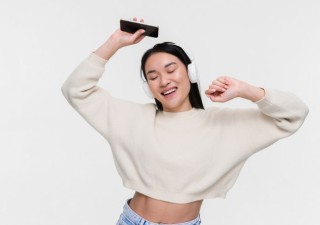Social media has not just brought people closer, but also created new challenges for intellectual property infringement. INTA this year invited speakers addressing this topic from the perspectives of brand owners and social media platform providers such as Tencent and YouTube.
People not only sell counterfeit goods on social media like Weibo in China, but also infringe genuine brand owners’ copyright by using their marketing materials, says Stanislas Barro, group senior brand protection manager at Kering, a multinational company whose brand portfolio includes Gucci, Bottega Veneta, Saint Laurent.
"We know it’s not good for rights holders, and it’s not a good user experience if YouTube is used to infringe copyrights, sell or promote counterfeit goods,” says Emily Burns, senior trademark counsel at Google.
There has been a trend that infringers attract buyers on social media which opened the floor to millions of flexible consumers and then distribute counterfeit goods through more private means, Barro says.
He says regular monitoring and investigating on social media is the biggest challenge which is like finding the needle in the haystack.
According to Barro, 91% of the 618 million internet users are on social media in China and hundreds and millions of entries are posted every day. The large number of users and the content generated has displayed great complexity for brand protection on social media.
"What we have to do is to set priorities which are usually assessed by statistics,” says Barro. His suggestions include daily monitoring, key word search, comments generated, and timely enforcement actions whenever appropriate.
To help brand owners protect their trademarks on social media, Betty Wang, IP legal counsel at Tencent, says there are specific rules set in Chinese laws and regulations regarding direct and indirect infringement on internet service providers, like Tencent.
There has been some stormy administrative enforcement in China and the laws are very strict, says Wang. For Tencent, being a large social media platform provider, "we have to bear more and more responsibilities” regarding the problems aroused from the social media.
According to Wang, Tencent is having more credible disciplinary system and user policy from which users would clearly know their responsibilities on social media. The company also has efficient notification-removal procedures to take necessary actions such as deletion, block or disconnection. Moreover, Tencent has technical filter and manual review measures to fight online infringement on social media.
"YouTube strongly encourages brand owners to reach out to the uploader or content creators directly,” says Burns. She has often seen brand owners requesting only the channel icon being removed or the title being edited. However, as a platform, YouTube can only remove the channel entirely, the scope of which might be wider than the request.
Parties submitting complaints to social media sites do need to be concerned about the potential precautions of their complaints and need to pay attention to the type of IP claimed in their complaints, says Burns.







